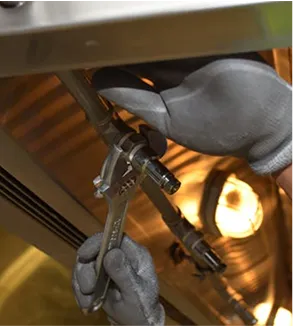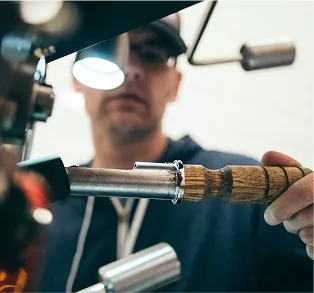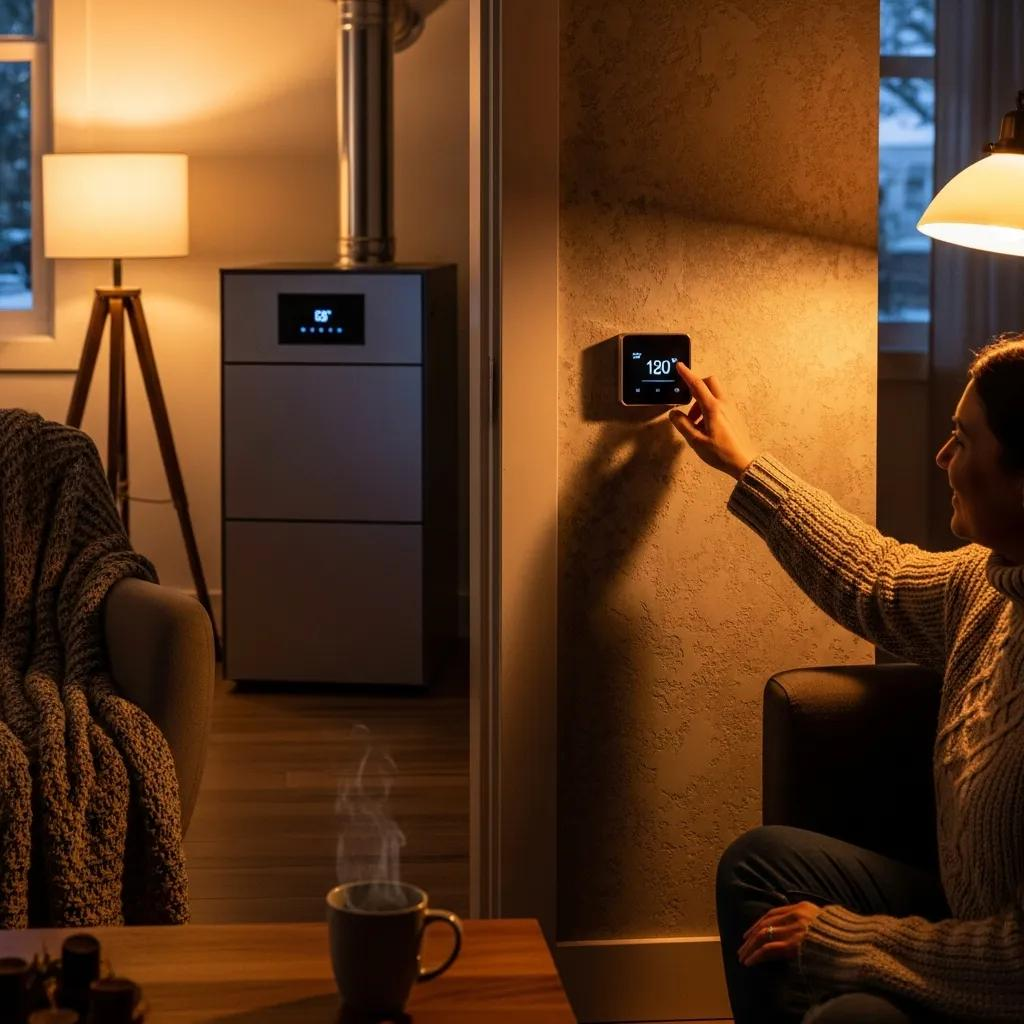
If you’re questioning whether your Sugar Hill house has bad indoor air quality (IAQ), it likely does.
We are indoors a lot. As a matter of fact, we’re in a building up to 90% of the time, according to the U.S. Environmental Protection Agency. And the air inside houses could be 2–5 times worse than outdoors, which can create long-term health concerns.
Most Common Sources of Bad IAQ
We’ve compiled a list of the most common causes of bad IAQ, the issues they create and how you can remedy these indoor air pollutants. If you’re worried about the air inside your residence, we recommend chatting with a professional like Southeast Heating & Cooling about which options are best for your house.
Volatile Organic Compounds
Volatile organic compounds, or VOCs, are vapors released by regular household items.
They’re found in paint and stains as well as:
- Furniture
- Carpet
- Building materials
- Cleaning products
- Cosmetics
- Air fresheners
- Candles
When these chemicals accumulate in your home, they might irritate your eyes, nose and throat. They may also cause headaches and nausea. Regardless of whether your house is in a rural or industrial space, an EPA study found indoor levels of these fumes can be 2–5 times greater than the air outside.
Always use the manufacturer’s instructions when using paint or cleaning supplies. Cracking a window can help chemicals dissipate faster.
Air purification systems can also better your air. This system partners with your heating and cooling unit to freshen indoor air. When seeking one, ensure it’s specifically created to eradicate VOCs.
Dust and Pet Dander
Dust and pet dander can aggravate health problems like asthma and allergies, especially when it constantly gets recirculated by your house’s comfort system. While you can vacuum more regularly and buy an improved air filter, an air filtration system could be a better fit.
This unit hooks to your comfort equipment to deliver strong filtration. Some types offer hospital-level filtration for getting rid of particles and bioaerosols.
Lingering Odors
Modern houses are closely sealed to boost energy efficiency. While this is fantastic for your heating and cooling costs, it’s not ideal for your IAQ.
Musty odors can stick around for a greater amount of time because your house is pulling in less fresh air. Because keeping your windows open throughout the year isn’t an option, here are two methods you can make your indoor air smell fresher.
An air purification system is installed in your ducts to eliminate odors before they recirculate. Find one with a carbon filter and the capability to break down damaging VOCs. These systems can also help keep your family healthy by wiping out most bacteria and common allergy triggers like pollen and mold spores.
A ventilation system removes musty indoor air and substitutes it with fresh outdoor air. There are two types of equipment (heat recovery and energy recovery), so check with our professionals for more info on which kind is right for your residence.
Unbalanced Humidity
It’s essential your home’s humidity remains even. Air that has too much moisture can create mold, while dry air can cause respiratory symptoms.
Our specialists suggest 40–50% for ideal comfort. To keep yours steady, think about getting a whole-home humidifier or whole-home dehumidifier with your HVAC system.
In place of having to lug a humidifier from room to room, this equipment delivers consistent humidity around your house.
Carbon Monoxide
Carbon monoxide is colorless gas you can’t smell. It’s a byproduct of insufficient combustion in fuel-burning units, like gas heating systems, water heaters or fireplaces.
It poses a severe health risk. In little levels, it can cause flu-like sickness like headaches and nausea. It can be lethal in big levels.
We recommend annual furnace maintenance to make sure your system is working like it should. This job allows our techs to discover troubles before they begin, including malfunctions that can lead to carbon monoxide leaks.
The best way to keep your home free of carbon monoxide is to put in detectors. These alarms must be on each floor by bedrooms and living spaces.
Enhance Your Residence’s Air Quality with the Southeast Heating & Cooling Pros
Aware that your house has poor air quality but not sure how to make it better? Or unsure which option is ideal for you? Give our friendly HVAC professionals a call or contact us online now. With free estimates and expert assistance, we’ll help you find the best equipment for your family and budget.
Related Blogs
Customer Testimonials


Financing


Latest Blogs

Ultimate Guide to Home Heating Solutions & Systems

Why Proactive HVAC Maintenance Saves You Money & Headaches

Troubleshooting Common Furnace Issues









.webp)
